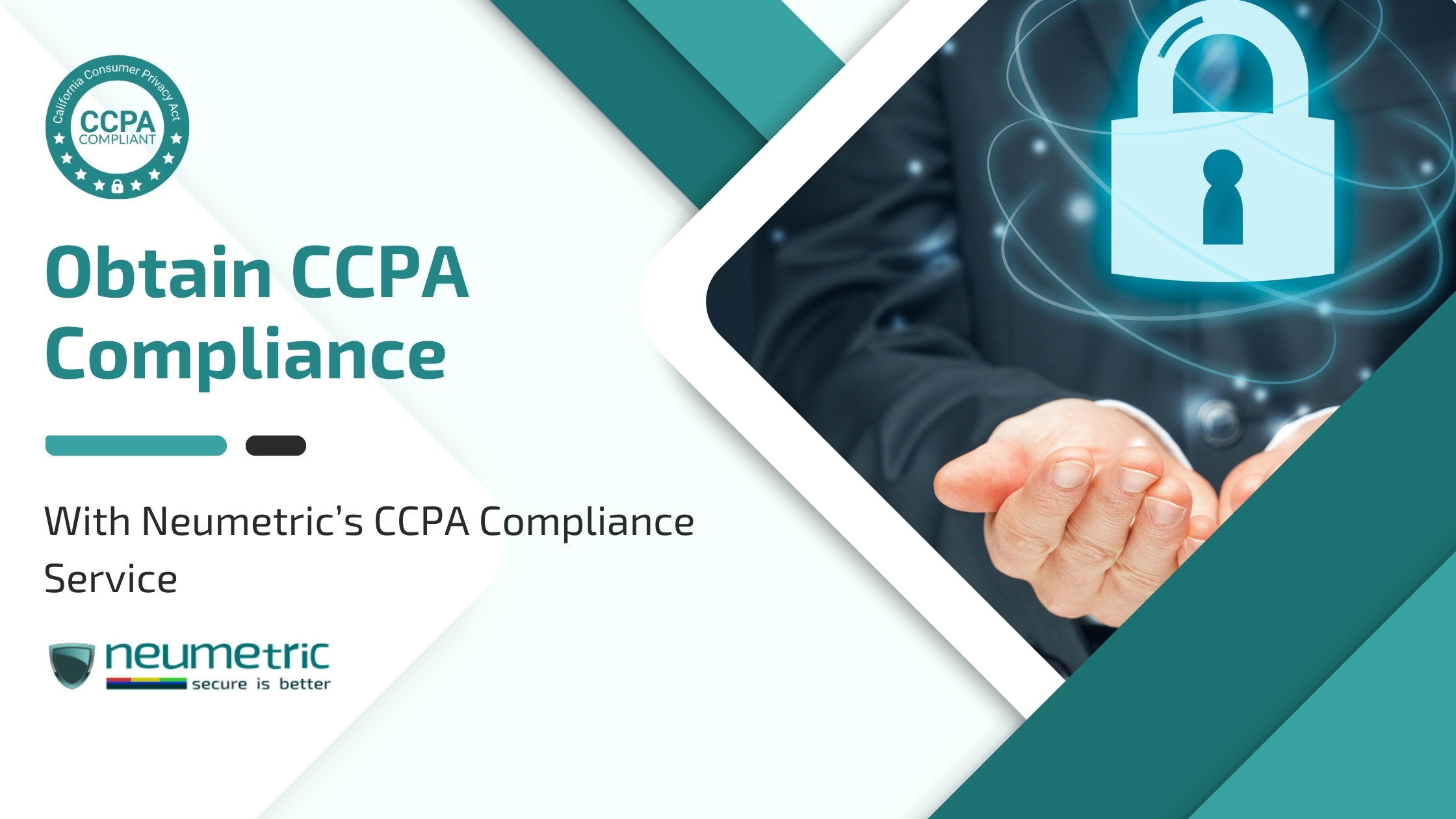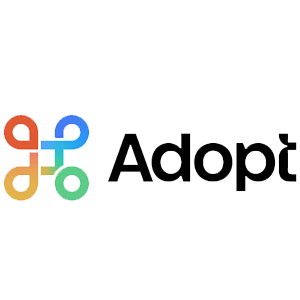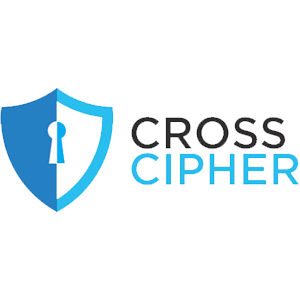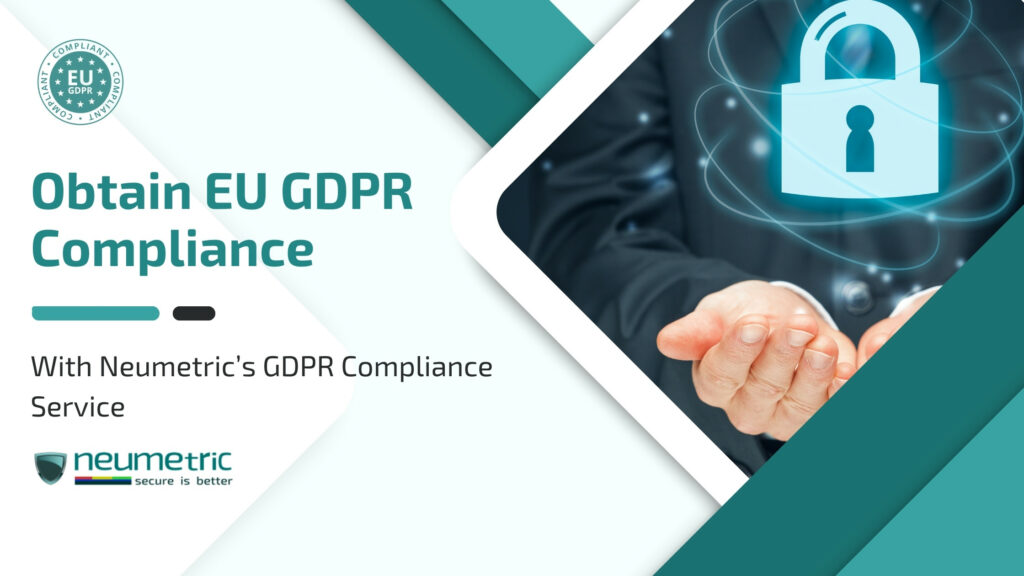CCPA compliance is worth your time because it’s a law that protects you and your customers. It’s important to take care of yourself and the people who put their trust in you. If you don’t comply with CCPA, you risk facing penalties that could include fines up to $7,500 per violation—and that’s just for a first offence! In addition to fines, CCPA violations can lead to class-action lawsuits against businesses who violate the law. The more customers who are harmed by your actions, the greater the chance of a lawsuit.
Compliance helps protect both consumers and businesses from harm by ensuring that companies are using consumer data properly. It also helps protect consumers from personal information being accessed without their permission or knowledge (such as when hackers break into servers).
The California Consumer Privacy Act [CCPA] is a law that was enacted in 2018 to protect the privacy of California residents. The law gives consumers the right to know what personal information is being collected about them, the right to have that information deleted, and the right to opt out of the sale of their personal information.
To comply with the CCPA, businesses must provide California residents with a notice of their right to opt out of the sale of their personal information. They must also provide a way for California residents to opt out of the sale of their personal information. businesses must also take steps to protect the personal information of California residents from unauthorized access, use, and disclosure.

Our customised procedure will help you establish the credibility of your business, become CCPA compliant by implementing necessary actions and frameworks in your organisation.
Neumetric’s InfoSec team undergoes training from the organisation to understand their business. Once complete, Neumetric starts creating ISMS policies that are required for the CCPA Compliance. A Gap Assessment is conducted on the organisation while the ISMS Policies are reviewed and approved by the management. An Implementation Plan is prepared based on the Gaps identified for CCPA Compliance.
Based on the Implementation Plan, the gaps are remediated and the defined policies and procedural documents are implemented to bring procedural and cultural changes in the organisation. Post implementation, internal audit is conducted to review the closed gaps, newly defined processes and adherence to the CCPA Standard.
Audit is scheduled with a reputed certifying body to conduct the external audit. Once they are satisfied with the compliance, CCPA Compliance can be claimed by the organisation. The external audit is handled by Neumetric’s team of experts who are experienced in managing such audits for various standards and also relevant training is provided to the stakeholders to face the external auditors.



























Extensive experience in providing solutions for your Cybersecurity, Compliance, Governance, Risk & Privacy objectives!
Ensuring a robust Security Posture & Regulatory Compliance across various Frameworks & diverse Industries.
Implementing & monitoring extensive Control Frameworks tailored to your business needs…
Our trainers have years of experience in CCPA, and we can help you create a training program that meets all state guidelines.
We can assist you with your compliance audit and help you understand where you’re at relative to the requirements.
We can perform a risk assessment of your organization, including an analysis of your compliance program. This will help you identify ways to improve the efficiency of your CCPA program and reduce your overall risk.
We have a team of experienced compliance professionals who can provide ongoing support for your organization, including: Our team will perform a compliance audit of your CCPA program to ensure that it is compliant with all requirements. We can also provide you with an action plan for improving your program and making it more efficient.
We have a team of experienced compliance professionals who can provide ongoing support for your organization, including: Our team will perform a compliance audit of your CCPA program to ensure that it is compliant with all requirements. We can also provide you with an action plan for improving your program and making it more efficient.
ISO 27001 Certification Service will help you implement the necessary frameworks to make you ISO compliant and obtain ISO 27001 Certification.

EU GDPR Compliance Service will help you implement all steps and frameworks in your organisation to become EU GDPR compliant in just a few months.

PCI DSS Certification Service will help you implement all steps and frameworks necessary to become PCI DSS compliant and undergo external audit to become PCI DSS Certified.

The California Consumer Privacy Act [CCPA] is a new law that gives consumers the right to know what personal information is being collected about them, the right to have that information deleted, and the right to opt out of its sale. It also imposes new obligations on businesses to protect consumers' personal information.
The California Consumer Privacy Act of 2018 applies to any business that collects personal information from individuals in California. If you have the personal information of California residents, you must comply with the CCPA.
If you are a business that does not have a physical presence in California, but your website or app offers services to California consumers, then your company also needs to comply with the CCPA.
Neumetric's CCPA Compliance Process takes 6 months.
The short answer is no. GDPR stands for General Data Protection Regulation, while CCPA stands for California Consumer Privacy Act. While these two laws are similar in that they both require companies to disclose more information about how they handle personal data, they differ in a number of important ways.
For example, the GDPR applies to all businesses that process data of EU citizens—not just those based in the EU. The CCPA only applies to companies with annual gross revenue of more than $50 million, or those which have been doing business in California for more than 12 months.


